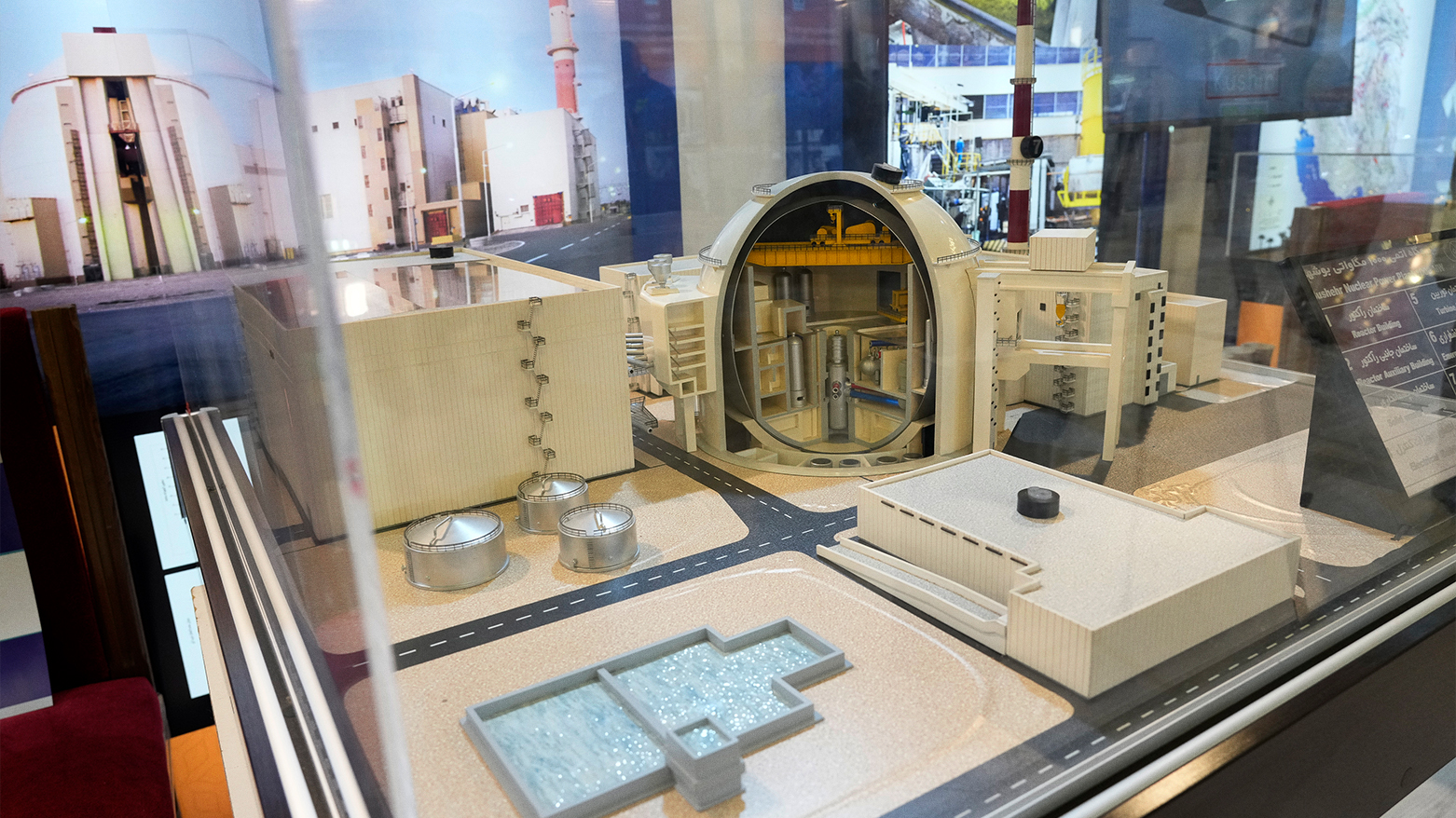Iran Accuses West of Politicizing I.A.E.A. Amid Tensions Over Nuclear Program
Iran condemned U.S., UK, France, and Germany for politicizing the IAEA, warning of a “decisive response” if a resolution is passed. Tehran insists its nuclear program is peaceful and transparent, while preparing countermeasures amid rising tensions and stalled JCPOA talks.

By Kamaran Aziz
ERBIL (Kurdistan 24) – Iranian officials have strongly condemned efforts by the United States and three European countries—France, Britain, and Germany—to push for a resolution against Iran at the International Atomic Energy Agency (I.A.E.A.), accusing them of politicizing the nuclear watchdog to advance their own agendas.
During a press briefing in Tehran on Monday, Foreign Ministry spokesperson Esmaeil Baghaei alleged that the Western bloc was “misusing the I.A.E.A. to realize its own political objectives,” according to the state-run Islamic Republic News Agency (IRNA). He asserted that recent I.A.E.A. reports about Iran were drafted under Western political pressure and subsequently used to justify punitive measures.
Baghaei emphasized that Tehran's engagement with the I.A.E.A. has always adhered to the framework of the Non-Proliferation Treaty (NPT) and its associated Comprehensive Safeguards Agreement. He warned that any attempt to pass an anti-Iran resolution at the upcoming I.A.E.A. Board of Governors meeting in Vienna would be met with a “serious and decisive response.”
France, Britain, Germany, and the United States are reportedly drafting a resolution that would accuse Iran of non-compliance with safeguards obligations, marking the first such action in nearly two decades. The issue was previously considered closed under the 2015 Joint Comprehensive Plan of Action (JCPOA), the multilateral deal that sought to limit Iran’s nuclear activities in exchange for sanctions relief.
In a separate interview with Al Araby TV, Mohammad Eslami, head of the Atomic Energy Organization of Iran (A.E.O.I.), echoed the concerns, stating that Iran “will not succumb to irregular political pressures.” As quoted by IRNA, Eslami claimed that the I.A.E.A. has “lost credibility” due to what he described as U.S. unilateralism and undue influence over the agency’s operations.
He further dismissed Western allegations of a covert nuclear weapons program, highlighting the presence of nearly 130 I.A.E.A. inspectors in Iran and insisting that enrichment activities were transparent and legally justified. Eslami argued that uranium enrichment is fundamental to Iran’s peaceful nuclear objectives, particularly the production of radiopharmaceuticals for over a million patients annually.
Meanwhile, A.E.O.I. spokesperson Behrouz Kamalvandi disclosed that Tehran has drafted a list of countermeasures should the I.A.E.A. proceed with the resolution. Speaking to Iranian media on Sunday, Kamalvandi criticized the “politically motivated” nature of past resolutions and noted that Iran had previously responded by ramping up enrichment to 60%, activating additional cascades, and deploying advanced centrifuges.
“We’ve prepared a list,” Kamalvandi said. “Some steps will be technical, others will affect the nature of our cooperation with the agency.”
He also clarified that a resolution alone would not legally activate the so-called snapback mechanism for sanctions, but expressed concern that Security Council processes had become increasingly political rather than legal in nature.
The latest developments signal a potential escalation in the already fragile relations between Tehran and Western powers, as diplomatic efforts to revive the JCPOA remain stalled. Observers warn that further breakdowns in cooperation between Iran and the I.A.E.A. could deepen regional tensions and complicate non-proliferation efforts.
